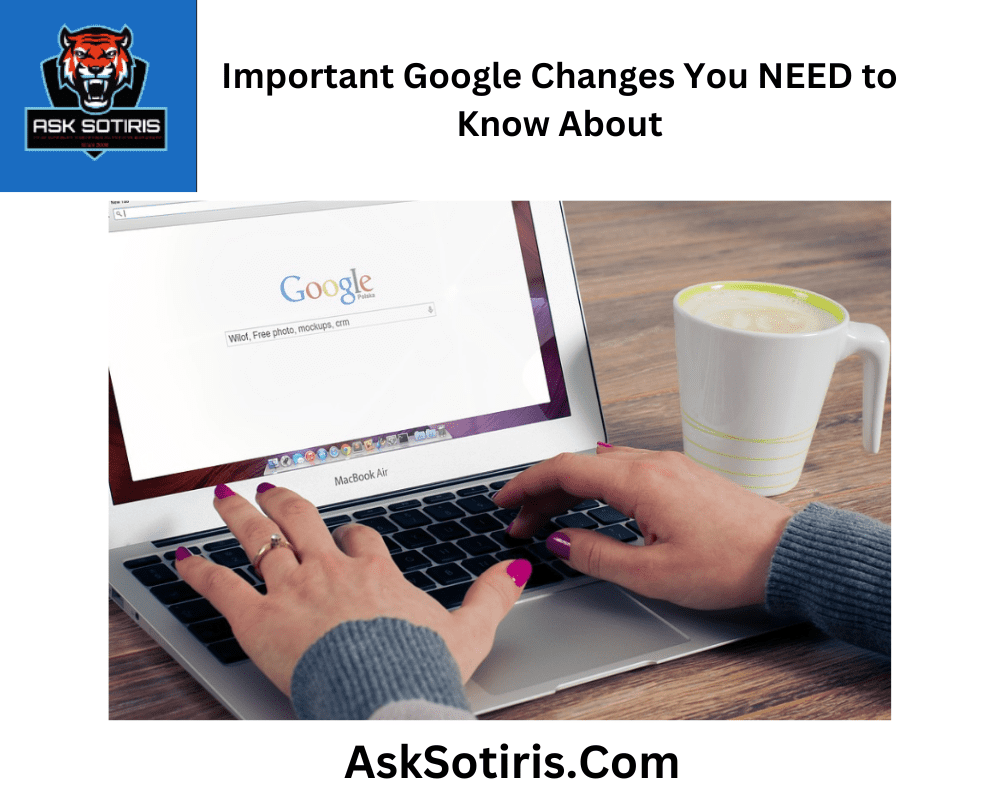Google is always releasing new updates that impact the way businesses use their platform. As a digital marketer, it’s important to stay informed of any changes. Here’s an overview of some of the more important Google changes you need to know about.
1. Local SEO: Google My Business Listings are a great way for businesses to promote their local presence. Recently, Google has introduced further customization capabilities for listings. You can now add additional information, photos, and posts to your listings, giving customers a more comprehensive view of your business.
2. YouTube: YouTube is the world’s second-largest search engine and is growing in popularity every day. Google has launched a new Creator studio, giving users a more integrated experience when managing their channels.
3. Ads: Google has brought about many changes to its Adwords platform this year in an effort to reduce intrusive advertising and improve ad performance. Google has also introduced Bid Strategy options, allowing marketers to more precisely target ad spend.
4. Mobile Indexing: Google is rolling out its Mobile First Indexing’ feature which will prioritize mobile-friendly content. This means that content that is optimized for mobile devices will be featured more prominently in Google’s search results.
5. Voice Search: Voice search is growing in popularity and Google has been taking steps to make sure its search engine is up to par. Google has recently made changes to its algorithm to better understand conversational queries, and better deliver answers to voice search queries.
By staying informed of the latest Google changes you can ensure that your digital marketing campaigns are performing at their best.
More SEO Tips for ranking better on Google
1. Utilize Keywords: Including relevant keywords throughout your content is one of the most important SEO tips when it comes to ranking higher on Google. Keywords should be used in titles, meta descriptions, ALT text, headings, and throughout your content.
2. Optimize Your Site’s Loading Speed: Slow loading website will harm your SEO and push you down in the rankings. Therefore, optimizing your site’s loading speed is essential for higher ranking.
3. Include Internal Links: Internal links allow search engine bots to easily navigate through your website. This will help you rank higher in Google, as well as give visitors a better experience on your website.
4. Create Quality Content: Quality content is a must when it comes to SEO. Make sure that all of your content is unique, well-written, and informative.
5. Take Advantage of Local SEO: Local SEO is a great way to get more exposure for your business. This is especially true if you have a physical location. Make sure to use local keywords, include your business’s address on your website, and submit your website to local business directories.
6. Utilize Social Media: Social media is an incredibly powerful tool for SEO. Utilize it to its fullest potential by sharing content on various platforms, including Twitter, Facebook, and LinkedIn.
7. Get Quality Backlinks: Quality backlinks serve as signals to search engines that your content is valuable and should be ranked higher. Building quality backlinks can be time-consuming, so make sure to focus on quality over quantity.
8. Utilize Structured Data: Structured data helps Google understand the content on your website and index it more effectively. Make sure to use it in order to boost your rankings.

